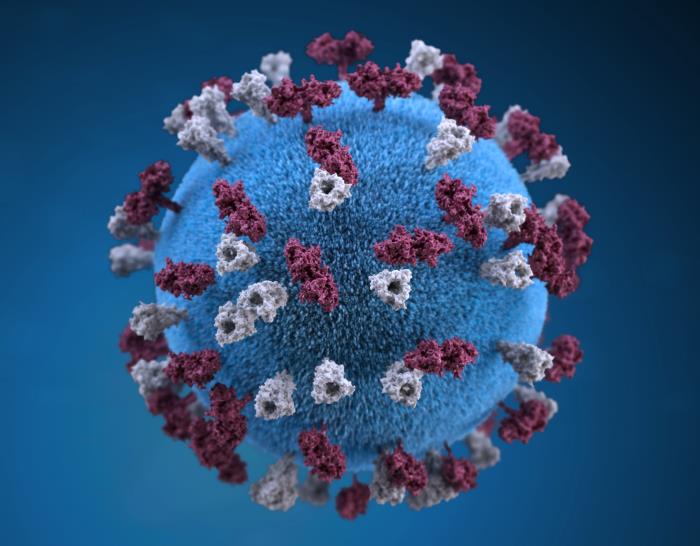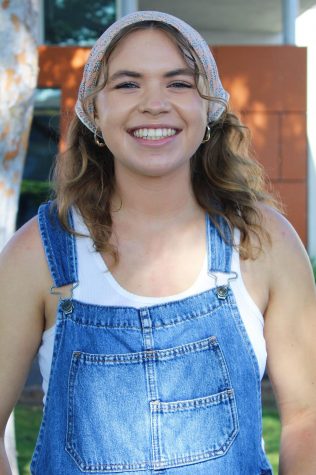Last week, Los Angeles County officials declared a measles outbreak after an L.A. resident traveled to Vietnam earlier this year and contracted measles, according to the Los Angeles Times. As of April 29, nearly 1,000 residents were asked to stay home after possible contraction of the illness. The Times also reports 221 students at CSU Los Angeles and 27 students at UCLA have been quarantined.
There are currently no measles cases at Biola. However, in response to the outbreak in Southern California, the Biola Health Center sent an email to students on May 1 to ensure understanding of the resources available at Biola to safeguard against contracting measles.
WHAT ARE MEASLES?
According to the Mayo Clinic, measles is an infectious virus—often contracted during childhood— that can be prevented through vaccinations. The Centers for Disease Control and Prevention declared measles eliminated in 2000 in the U.S., which means the illness does not regularly circulate. However, measles can still be contracted while traveling abroad. The disease is extremely contagious and spreads easily upon close contact. Symptoms include a high fever, rash from head to body, runny nose, coughing and irritated eyes.
Biola’s Health Center Director Sarah Templeton said the reason the illness is so prominent on college campuses, such as UCLA and CSU Los Angeles, is because of the close vicinity of students at universities.
“Measles is an extremely contagious viral illness that is transmitted through close personal contact, coughing, sneezing and talking,” Templeton said. “Given the close proximity of students, for example on college campuses and dorm living, the risk of transmission is higher.”
MEASLES PREVENTION
Templeton said the most effective way to prevent contracting the illness is through receiving the measles, mumps and rubella vaccination series. According to the email from the Health Center, it is strongly advised for all undergraduate students. The MMR two-dose vaccination series is available at the Student Health Center for $90 per dose.
“This is the single, most effective way to protect yourself from this disease,” Templeton said. “According to the Centers for Disease Control, the MMR vaccine is very safe and in fact much safer than the measles illness.”
Templeton also recommended that students avoid close contact with those infected by measles, wash their hands regularly and disinfect surfaces that are commonly touched.
RESOURCES AT BIOLA
The Health Center is available to administer MMR vaccinations to students, provide a titer test to validate immunity or answer any questions or concerns about measles. According to Templeton, even though Biola is measles-free, the Health Center continues to monitor all measles activity.
“If you have questions please speak with a health care provider. During times like this, a plethora of non-credible information is abundant, particularly online,” Templeton said. “We are here to help if you have further questions.”








